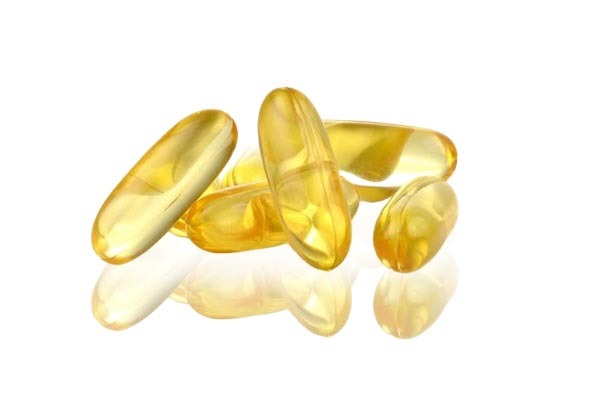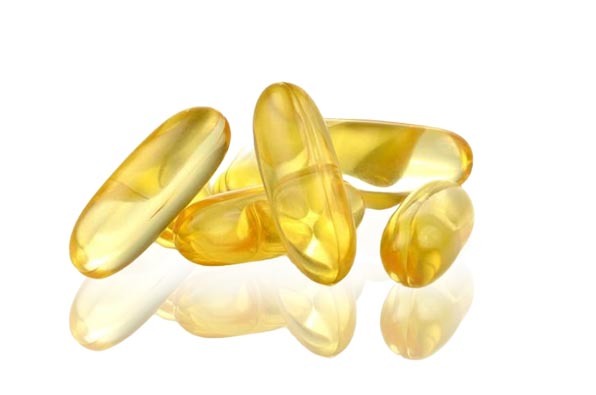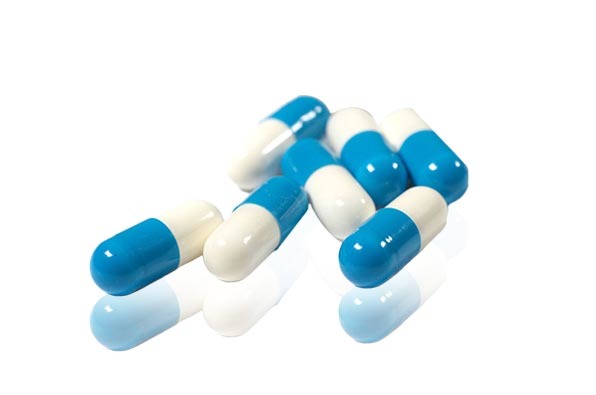News center
Unlocking the Power of High-Quality Collagen: A Closer Look at Its Benefits and Sources
Release time:
2024-07-27
Collagen is a vital protein that makes up a significant portion of our skin, bones, tendons, and ligaments. It acts as a building block for our body's structure, providing strength and elasticity. As we age, collagen production naturally declines, leading to common signs of aging such as wrinkles, joint pain, and decreased bone strength. This is where high-quality collagen comes into play, offering a range of potential benefits that can support overall health and wellness.
One of the primary advantages of high-quality collagen is its ability to support skin health. Studies have shown that collagen supplementation can improve skin elasticity, hydration, and overall appearance. By promoting the production of hyaluronic acid, an important molecule for skin health, high-quality collagen can contribute to a more youthful and radiant complexion. Additionally, it may help in reducing the visibility of wrinkles and fine lines, making it a popular choice for those seeking to maintain their skin's youthful appearance.
Collagen is also essential for joint health. It helps maintain the integrity of cartilage, which is the tissue that cushions joints. As collagen levels decline in the body, the risk of joint pain and degenerative joint diseases, such as osteoarthritis, may increase. Supplementing with high-quality collagen can support joint function, reduce inflammation, and alleviate discomfort, making it beneficial for those who lead active lifestyles or suffer from chronic joint pain.
Moreover, high-quality collagen can play a role in bone health. Collagen makes up a significant portion of bone tissue, providing it with structure and strength. Adequate collagen levels have been linked to improved bone density and a lower risk of fractures. Thus, incorporating collagen-rich foods or supplements into your diet can be a proactive approach to maintaining strong bones as you age.
When seeking high-quality collagen, it's important to consider the sources. Collagen can be derived from various sources, including bovine, marine, and poultry. Each source has its unique benefits, with marine collagen often being praised for its superior absorption and bioavailability. Additionally, ensuring that the collagen you choose is sourced sustainably can contribute to overall environmental well-being.
Incorporating high-quality collagen into your diet can be done through a variety of means. Collagen peptides, which are easily digestible and soluble in hot or cold liquids, can be added to smoothies, soups, or even baked goods. Collagen-rich foods, such as bone broth, fish skin, and chicken skin, are also excellent natural sources.
In conclusion, high-quality collagen is a powerful addition to any diet, offering numerous benefits for skin, joint, and bone health. By understanding its advantages and sources, individuals can make informed choices to support their overall well-being and embrace a healthier lifestyle.
One of the primary advantages of high-quality collagen is its ability to support skin health. Studies have shown that collagen supplementation can improve skin elasticity, hydration, and overall appearance. By promoting the production of hyaluronic acid, an important molecule for skin health, high-quality collagen can contribute to a more youthful and radiant complexion. Additionally, it may help in reducing the visibility of wrinkles and fine lines, making it a popular choice for those seeking to maintain their skin's youthful appearance.
Collagen is also essential for joint health. It helps maintain the integrity of cartilage, which is the tissue that cushions joints. As collagen levels decline in the body, the risk of joint pain and degenerative joint diseases, such as osteoarthritis, may increase. Supplementing with high-quality collagen can support joint function, reduce inflammation, and alleviate discomfort, making it beneficial for those who lead active lifestyles or suffer from chronic joint pain.
Moreover, high-quality collagen can play a role in bone health. Collagen makes up a significant portion of bone tissue, providing it with structure and strength. Adequate collagen levels have been linked to improved bone density and a lower risk of fractures. Thus, incorporating collagen-rich foods or supplements into your diet can be a proactive approach to maintaining strong bones as you age.
When seeking high-quality collagen, it's important to consider the sources. Collagen can be derived from various sources, including bovine, marine, and poultry. Each source has its unique benefits, with marine collagen often being praised for its superior absorption and bioavailability. Additionally, ensuring that the collagen you choose is sourced sustainably can contribute to overall environmental well-being.
Incorporating high-quality collagen into your diet can be done through a variety of means. Collagen peptides, which are easily digestible and soluble in hot or cold liquids, can be added to smoothies, soups, or even baked goods. Collagen-rich foods, such as bone broth, fish skin, and chicken skin, are also excellent natural sources.
In conclusion, high-quality collagen is a powerful addition to any diet, offering numerous benefits for skin, joint, and bone health. By understanding its advantages and sources, individuals can make informed choices to support their overall well-being and embrace a healthier lifestyle.
Preceding
NEWS





